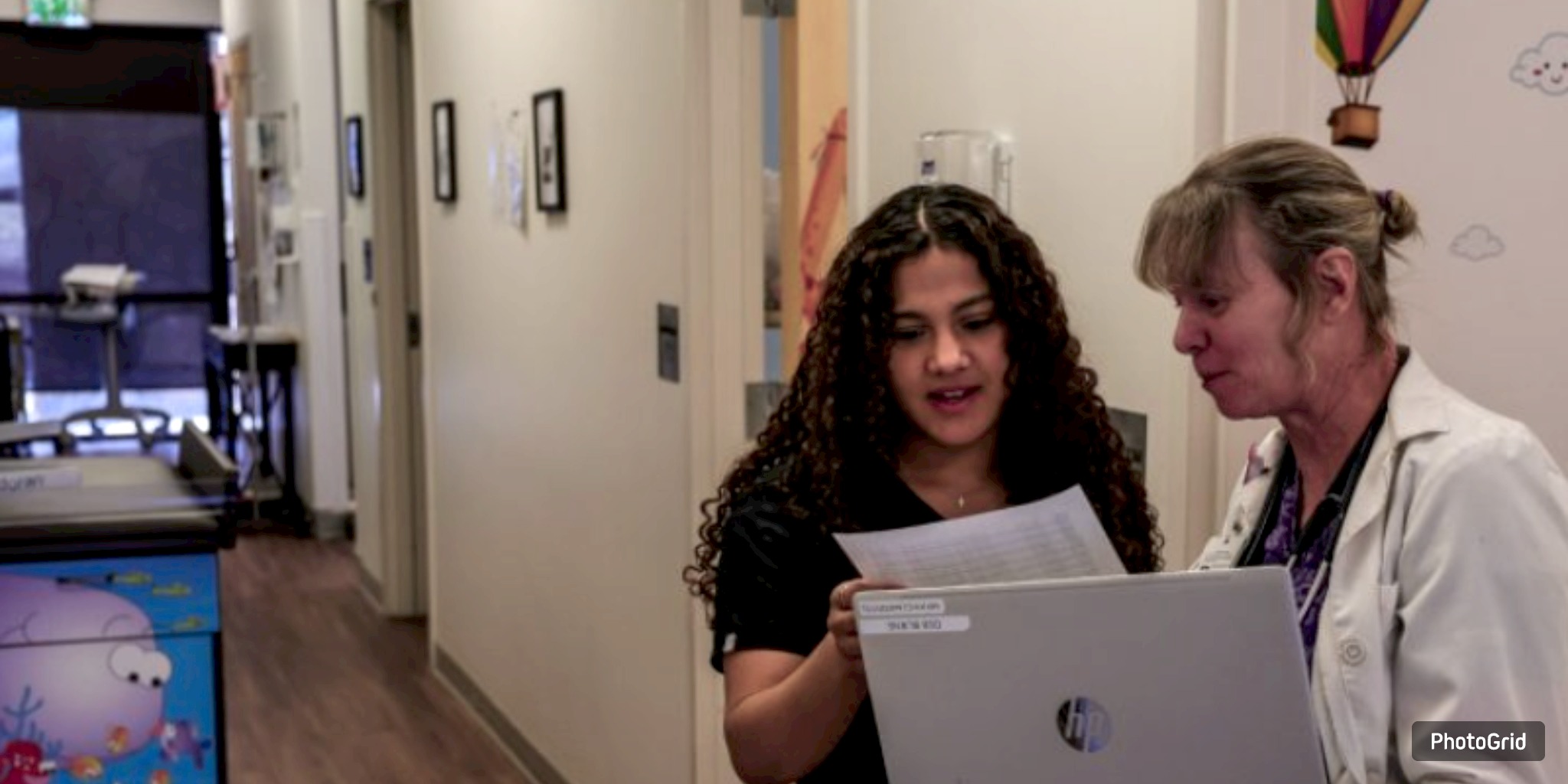


Colorado's financial forecast has taken a significant downturn, as state officials caution about a looming $1.2 billion revenue deficit this year, a consequence of a comprehensive federal tax and spending initiative enacted by President Donald Trump. The financial impact has prompted the Democrat-led legislature to convene a special session, where discussions on mitigating the effects swiftly intersected with the contentious issue of abortion politics.
In late July, the Office of State Planning and Budgeting disclosed the anticipated shortfall, attributing it to corporate tax cuts, modifications to taxpayer deductions, and the temporary removal of taxes on tips and overtime. “The amount of lost revenue this year surpasses what we experienced during the initial year of the Great Recession,” stated Mark Ferrandino, the executive director of the office. “With each passing day without action, we complicate the path to a solution.”
A recent analysis from Colorado Newsline detailed the financial impacts: $326 million in individual income tax reductions and approximately $825 million from corporate tax reductions. Following the recent passage of a $44 billion general fund budget, Democrats faced difficult decisions: they could either cut programs, deplete reserves, or seek to increase revenue through emergency legislation.
On August 24, the House cast a vote of 43-19, strictly along party lines, to approve Senate Bill 25B-2. This legislation aims to allocate up to $4.4 million in state funds for the reimbursement of Medicaid services offered by reproductive health clinics, with a focus on Planned Parenthood affiliates. Federal Medicaid reimbursements were revoked from those providers in accordance with the same federal law.
The initiative, according to supporters, ensures that vital services will continue to be available. Critics labeled it an inappropriate allocation of public funds during a period of financial turmoil. “It’s unjust to allocate resources to Planned Parenthood considering the significant decline in our state’s budget,” stated Rep. Brandi Bradley, a Republican from Littleton, during the floor debate.
Religious leaders have also expressed their views. In a statement released in April, the Colorado Catholic Conference expressed strong opposition to any efforts aimed at directing public funds to abortion providers. “The use of millions of taxpayer dollars to support the intentional termination of innocent lives and the suffering of women represents a profound tragedy for Colorado,” the bishops stated.
While federal law bars the use of Medicaid funds for abortion procedures, Democrats contend that these clinics are essential for offering crucial services such as cancer screenings, pap tests, and vaccinations to low-income patients. Republicans argue that funds are interchangeable and ultimately enhance access to abortion services.
As state revenues dwindle and partisan divides deepen, lawmakers face increasing pressure to achieve fiscal balance while navigating one of Colorado's most contentious policy conflicts.
















From breaking news to thought-provoking opinion pieces, our newsletter keeps you informed and engaged with what matters most. Subscribe today and join our community of readers staying ahead of the curve.